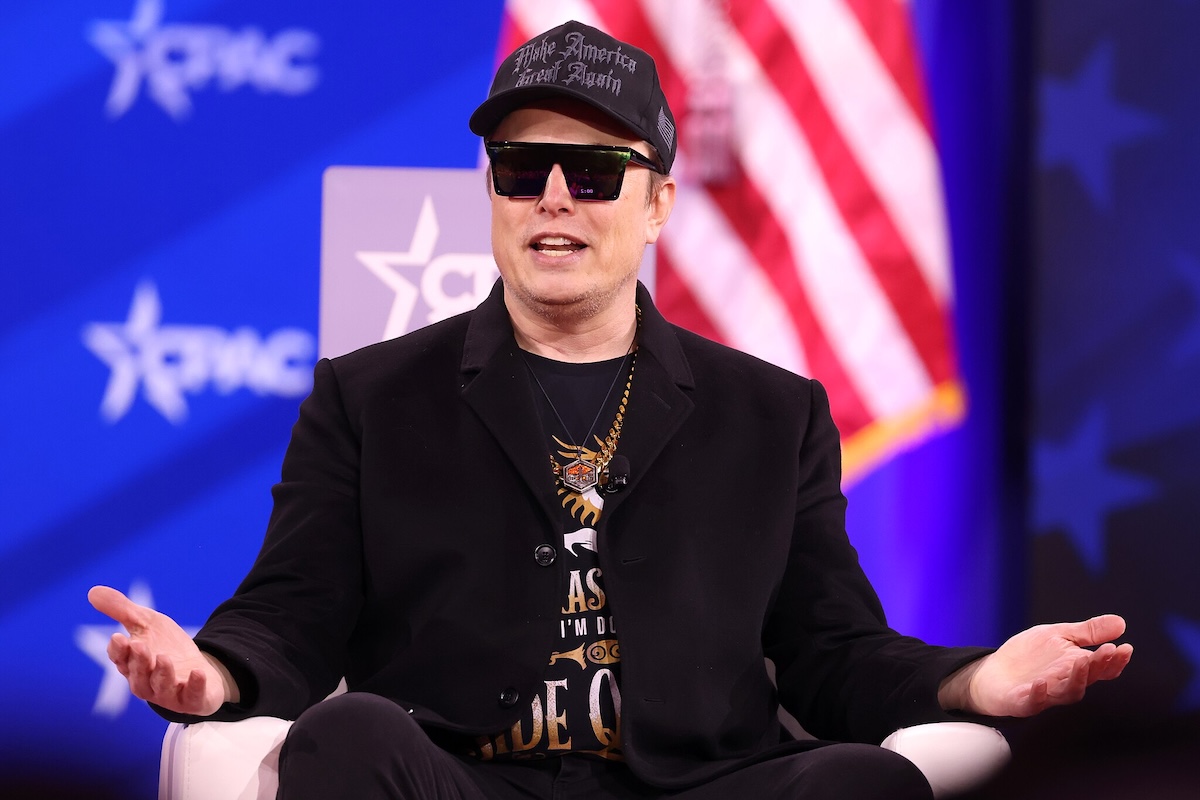

The money-world we live in looks a little crazy right now, with house prices going through the roof and stock prices defying gravity, especially in the USA where they have arguably the most unusual president ever. To top it off, Elon Musk is no longer the richest person in the world!
That ‘honour’ now goes to Oracle’s founder, Larry Ellison, who overnight saw his wealth increase by US$110 billion as his company surprised the market with a better-than-expected report on earnings. Oracle produces everything from hardware to software in the tech space.
Did I say the money world looks a little crazy?
As of today, CNBC calculates that Musk’s wealth is US$391 billion, while Ellison is now worth $394 billion, so there’s a ‘mere’ US$3 billion in it in this battle of the billionaires.
How has this come about for Larry? Well, he still owns about 40% of Oracle, which means he’s an unusual tech billionaire, because a lot of his company rivals have sold down their shareholdings.
For example, Meta or Facebook chief, Mark Zuckerberg reportedly owns 13.5% of the company he founded, and Bill Gates of Microsoft has only 1.34% of his ‘baby’, in which he once held 45% of its shares!
Also helping Ellison’s wealth escalation is Oracle and how it’s benefitting from Artificial Intelligence, like a lot of tech companies in the US. One day the stock market will make a new assessment that investors or speculators have paid too much for AI-linked companies, but right now, it does look like we are at a party, it’s only 9pm and we’re all having fun.
By midnight, reality might bite. Tomorrow we might end up with a hip pocket hangover, but for now it’s party time and Larry Ellison is having a wow of a time.
The important lesson from Ellison is that he didn’t sell good assets but instead borrowed against his companies — he owns more than one and has a big property portfolio as well. These borrowings were tax deductible and while it was once thought his debt was a big risk, this legendary business builder and yachtie, whose boat Rising Sun cost $490 million, has used his quality assets brilliantly.
This story of wealth-building coincides with the AFR reporting a Domain story that house prices are so crazy that Sydney homes are “Grossly unaffordable” for millennials and are pushing these young people out of the NSW capital.
As Lucy Shade kicked off her story: “Education, hard work and sensible financial decisions in your 20s used to be a winning formula for home ownership in your 30s. That’s not the case for an increasing number of Millennials in Sydney anymore.”
The chart below shows that in the case of Victoria, 72% of 30-34 year olds born between 1947 and 1951 owned a home. Now it’s 52% for those born between 1987 and 1991 and who are now in their 30s.
In NSW, the percentage of 30-somethings owning a home is down to 45%, demonstrating how hard it is to buy a place in Sydney, in particular.
(Source: Domain)
Shade looked at the barriers to home ownership for millennials and they were:
I’d add other factors such as the higher cost of living for younger Australians compared to previous generations because of credit cards, telco-tech bills, the desire for mod cons and other new age lifestyle interests, such as eating out, travelling overseas, etc, which also make homes very unaffordable.
Older generations led a less expensive, albeit less interesting life, and this combined with a better supply of homes, made home ownership easier.
So, is there anything to learn from Larry Ellison’s wealth surge and the plight of our young people?
Often the cornerstone of wealth-building is to own quality assets, usually paid for by borrowings. As the value of these assets rise, you can borrow more, often with tax deductions, to buy more quality assets.
Older generations have been able to use their homes and their rising values to build wealth, but this is harder for younger generations. And our political leaders should be doing something about that.
One final point: superannuation will be a big help for millennials as they get older but again you have to be wary that politicians could greedily eye off these assets and make super rule changes and introduce tax slugs.